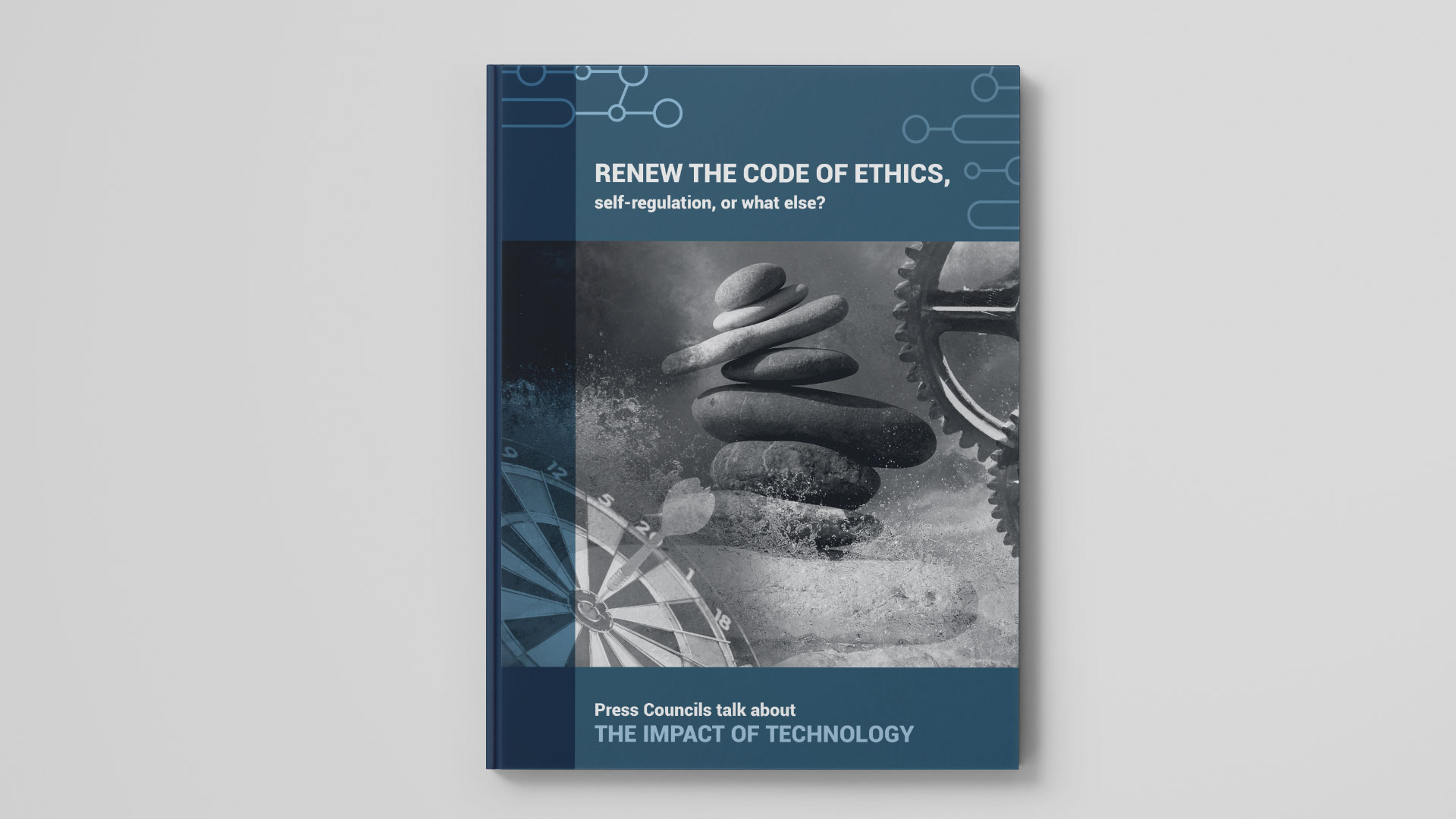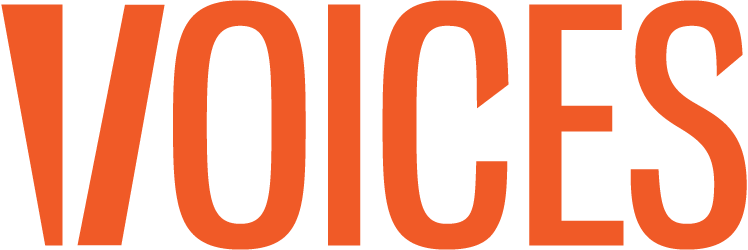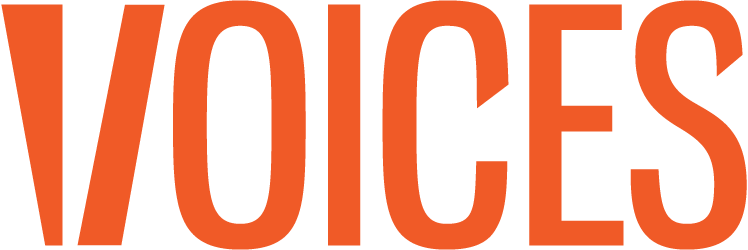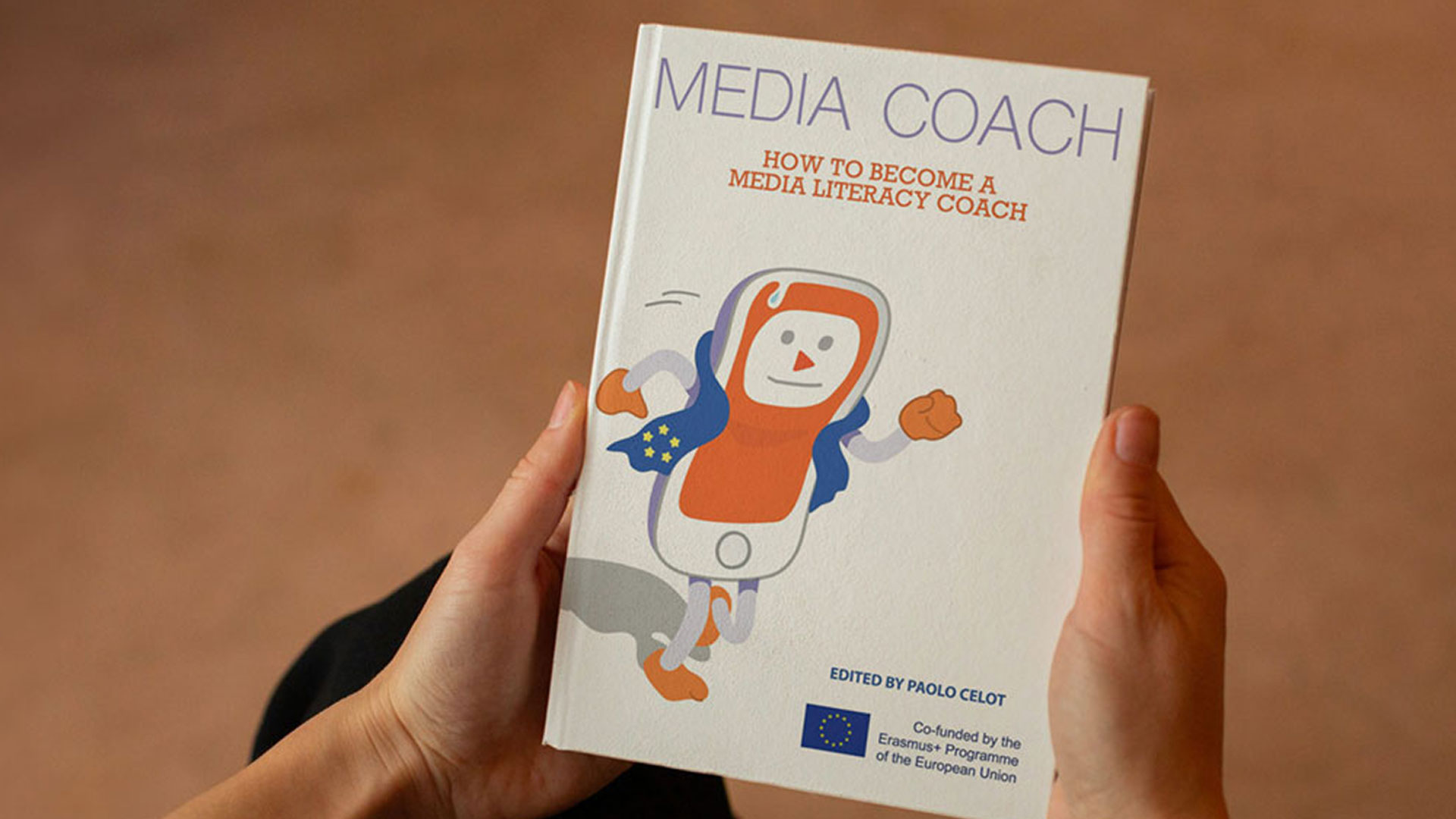
Renew the code of ethics, self-regulation, or what else?
A new research published by Universitat Ramon Llull in Blanquerna studied the role of technology in journalism and the challenges that are of greatest concern to European press councils.
Through 27 interviews with press councils from 20 countries, their research raises important questions about the future of journalism and the need to remodel the profession to keep up with the digital age.
The report serves as a discussion forum to address existing problems and start the conversation on ethics in digital journalism. In particular, it addresses the need for the profession to be less subordinated to metrics, conflicts of interest and the replacement of the public interest with audience measurement tools. The authors of the report state that many press councils express caution against the over-reliance of technology in journalism, especially in cases where the ethical code is considered to be less important than metrics and marketing strategies.
Journalism is a watchdog of democracy. And I think technology’s not a watchdog, so we must keep it in mind. Technology is useful but is a tool. And journalism is a human act.
The researchers also analysed the reaction of press councils to the European Fact-Checking Standards Network code. This is a set of criteria to ensure that organisations which fact-check mis- and dis-information adhere to the highest standards of methodology, ethics and transparency to best serve the public interest. The study found that European press councils generally acknowledged the code as elaborative and inclusive.
The interviews with the press councils also showed a lack of awareness by journalists of the services that the press councils can provide. Those interviewed suggested that there is a lack of commitment from media outlets to actively promote, support or finance press councils.
This report was published as part of the Media Councils in the Digital Age #3, co-financed by the European Commission. The overall objective of the project is to ensure that press and media councils play a significant role in Europe in addressing the new challenges of the digital age.
Journalists not sufficiently trained in health and safety issues
This reports reveals a serious lack of training and awareness, as journalists face increasing threats and intimidation in the course of their
How to become a media literacy coach
Can media make us think thoughts that are not ours? Are our own ideas genuinely our own? How can we ascertain our thoughts? Which competencie




